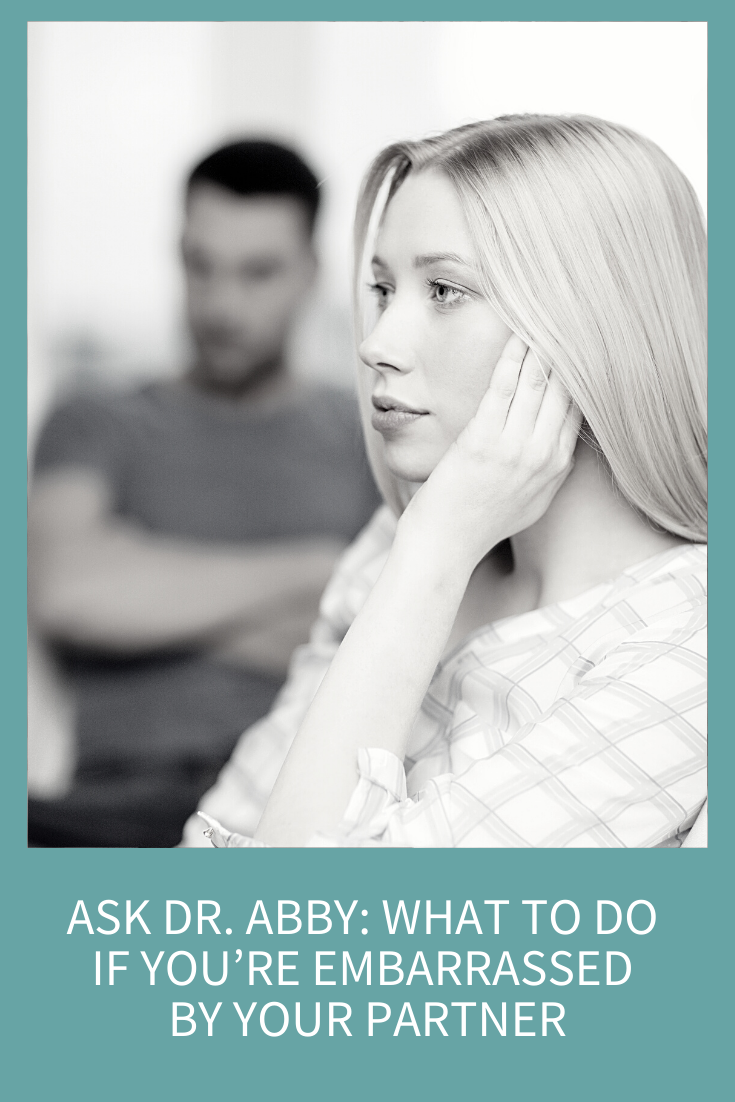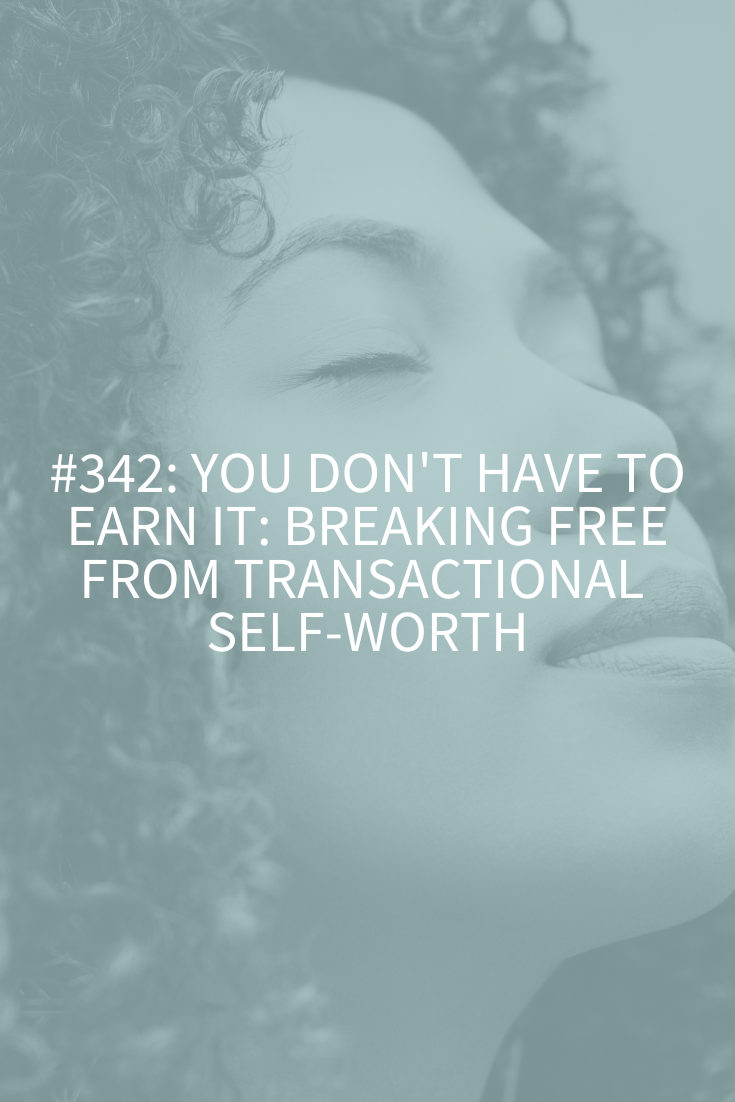
What do you do if you’re embarrassed by your partner? There are four main ways you might be feeling embarrassed about something your partner did or said and today I’m going to answer a question from a listener while describing how to deal when all you want to do is wince.
3-minute read
Ask Dr. Abby is the advice segment of the Relationships Made Easy podcast. Submit questions to [email protected]. (I keep it anonymous!)
Hey Abby,
Do you have any advice on dealing with a partner’s embarrassing behavior, both when it happens in real-time and also after the fact?
My partner and I started dating just as the pandemic was ramping up, so much of our relationship has lacked a social component like happy hours or friend gatherings… until now. My friend hosted a get-together recently, and I was excited to have her get to know my wonderful, sweet, amazing boyfriend. Instead, what happened is that my boyfriend drank beer after beer all evening and came off as intense, combative and arrogant. Yikes. He ignored (or didn’t notice) my elbow nudges and my whispered requests to “maybe switch to drinking water.” I was embarrassed and we left early.
Attempting some solid communication (learned a lot from you!), I tried my best to discuss the event with my partner. He admitted to having more social anxiety than he lets on, that he felt awkward at the gathering and had trouble connecting, and that he kept drinking to feel better in the moment. He still felt justified in the argument he’d had with one of the guests, but agreed to respect my wishes that he not engage in conflict at future events in my social circle.
What I didn’t communicate, however, was the depth of my embarrassment and that I believe he made a TERRIBLE first impression. I want to communicate with him in a way that makes him feel safe and secure in the relationship. However, I still feel like I wasn’t able to communicate the full extent of my frustration with him, and it’s eating at me and making me bitter.
My partner has made a fantastic impression on my family and in one-on-one settings with other friends. I would like to try again with my party-host friend, but one-on-one. I understand now that a large group of strangers is not great for him, so I will avoid in the future.
QUESTION: If something like this happens again in the future, what can I do in the moment? And in general, do you have advice on handling partners causing embarrassment and making terrible first impressions?
I had a lot of suggestions for this listener (who I dubbed, Maisy) about what to do when you’re embarrassed by your partner (give the podcast episode a listen!) and also some education on the four main categories of embarrassment in relationships talked about by Mark Leary, professor and Director of the Social Psychology program at Duke University. He outlines four types.
4 Types of Embarrassment
1. Empathic Embarrassment:
This is when your partner trips and falls as the two of you walk into a party. It’s unintentional, but you might feel a little embarrassed due to their little accident.
2. Reflective Embarrassment:
This is when your partner does something you find humiliating like when they yell at the waiter for taking too long with your food.
3. One-Sided Embarrassment:
This is when your partner does something and you’re mortified but they think it’s totally fine and you should cool out. You know, like when they think it’s fun to break dance at your nephew’s wedding or wear a onesie out to dinner.
4. Targeted Embarrassment:
This is when your partner (intentionally or not) directly embarrasses you like announcing at a dinner party that you fart in bed all the time.
Resources for Relationships
How to Set Intention in 18 Seconds (aka The 18-Second Shift)
How 5 Minutes of Mindfulness a Day Can Make Your Relationship Great
How to Make Mindfulness a Habit
How to Listen without Getting Defensive or Hurt
8 Rules for Giving Great Feedback
The Complete Guide to Effective Communication in Any Relationship
How to Discuss Relationship Problems with Your Partner Without It Turning Into a Fight
How to Stop Caring So Much What Other People Think
Developing Empathy in Relationships is the Key to Connection and Communication






